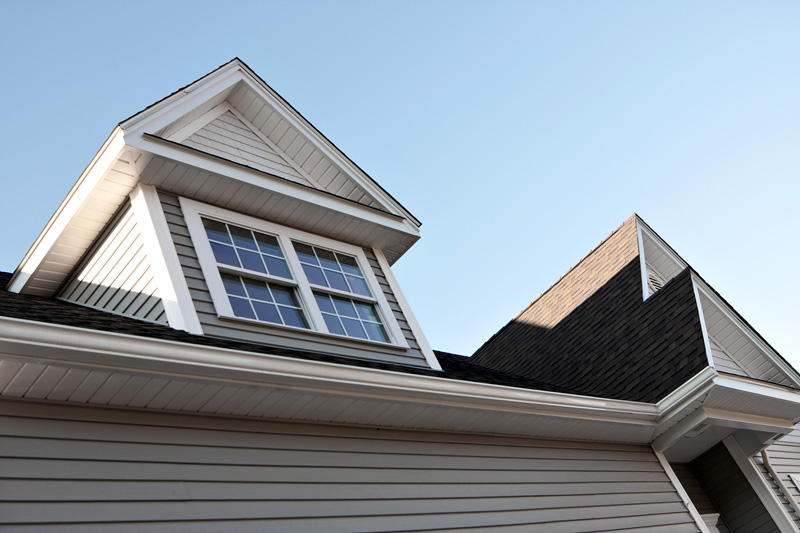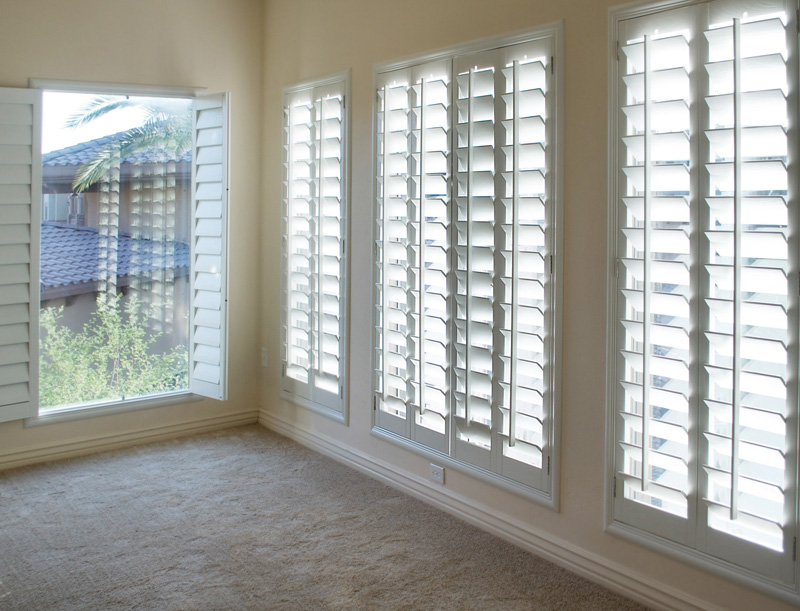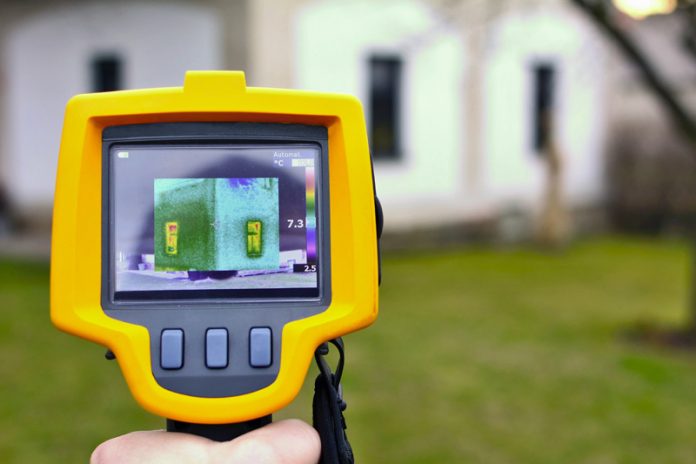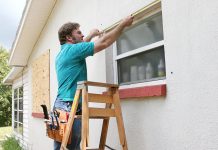According to numerous studies carried out by energy companies, the average British home is far from efficient. A lack of insulation, poorly fitting windows and doors, outdated appliances, inefficient boilers and redundant chimneys are all contributing to the incredible energy loss being experienced across the country, which impacts wallets and the environment alike. Indeed, the more inefficient that homes are, the bigger the carbon footprint that is left behind.
In today’s era, there is really no excuse for energy loss. Modern technology means that people are easily able to replace old appliances with new, environmentally aware accessories. It’s now simpler than ever to identify problematic areas and put them right. From gas and water to electricity and heat energy, it is essential that precious resources are prevented from being wasted in British homes.
Boilers are one of the biggest offenders when it comes to home energy loss, so you should always keep up to date with your home’s health checks. Is your boiler working inefficiently or a little harder than it should be? Now is the time to take the plunge and invest in a new one. Of course, there are other problem areas that will need your eventual attention.
Heat loss through the walls and roof
The cost of heat loss, in terms of monetary value and environmental impact, is astonishing. It’s estimated that the average British home loses 25{80489f69d0b26025b74cecc274d3bc02e1d4bd0c4aa8acfc05273160dab5de6a} of its heat through the attic and roof, 66{80489f69d0b26025b74cecc274d3bc02e1d4bd0c4aa8acfc05273160dab5de6a} through walls without any insulation, 33{80489f69d0b26025b74cecc274d3bc02e1d4bd0c4aa8acfc05273160dab5de6a} through internal walls and 15{80489f69d0b26025b74cecc274d3bc02e1d4bd0c4aa8acfc05273160dab5de6a} through the floors – not to mention the heat loss that occurs through ill-fitting doors and windows. While modern homes are built to combat such problems, many people inhabit properties that were constructed prior to the current guidelines. Insulating your home is a great way to keep much of that precious heat in and prevent you from pumping wasted energy around your home. Consider your water pipes in this equation too, as heat loss from pipes is making your boiler work harder than it needs to. You should also get into the habit of programming your thermostat to ensure that you’re not using more heat than you really need.

Inefficient household appliances
Also contributing to your home’s energy loss are the inefficient appliances that you no doubt have lying around – appliances that are costing you money that you needn’t be spending. Many kinds of light bulbs, for example, burn a little too brightly for very little time at all. Refrigerators and tumble dryers are also guilty of using excessive amounts of energy. Ensure that you’re using such appliances correctly and try and limit the amount of time that they’re switched on. Wherever possible, replace your household appliances with energy-efficient alternatives such as LED light bulbs and green-rated electronics. If you’re unsure why your energy bills are so high, then invest in a monitor that will tell you, once and for all, how much your energy usage is costing.
Heat loss via ill-fitting windows and doors
Did you know that windows and doors contribute another 20{80489f69d0b26025b74cecc274d3bc02e1d4bd0c4aa8acfc05273160dab5de6a} of wasted energy? Many homes in Britain have yet to utilise double-glazed windows, while others are waving goodbye to heat energy via a series of ill-fitting fixtures. To combat these issues, upgrade to double-glazed windows and make sure that your windows and doorframes are properly caulked or replaced altogether. If your best efforts are proving fruitless, then look at using blinds or plantation window shutters to keep a little more of that precious heat energy contained. Shutters will keep warm air in during the winter and allow cool air to circulate during the summer, which is no doubt an added bonus. Using draught excluders and always keeping windows and doors shut during the winter will yield results that you’ll notice immediately.

Wasteful habits
Of course, some of the biggest issues when it comes to energy loss are human error and the wasteful habits that have developed and persisted over the years. Do you leave electrical appliances switched on when they should be left off? Do you boil a full kettle when you only need one mug? Are you guilty of setting all of your electricals into standby mode when you’ve finished with them? It’s estimated that these kinds of habits are adding 10{80489f69d0b26025b74cecc274d3bc02e1d4bd0c4aa8acfc05273160dab5de6a} onto home energy bills, with televisions, games consoles, microwaves and stereo systems left in standby mode among the biggest offenders. Leaving electrical items switched on isn’t only a cause for concern in terms of energy and money loss, but it is also a fire hazard. As soon as you’ve finished using an appliance, take a moment to switch it off and use energy-saving adapters to control electricals that would normally be left in standby mode.
Many people are guilty of burying their heads in the sand when it comes to energy loss and are quickly running out of excuses – and funds – to finance such habits. A quick online search should tell you if there are any Government or council-led schemes operating in your area, while a call to your energy supplier will shed light upon your tariff. Invest in your home, and it will give so much back, least of all a greener way of life.





















